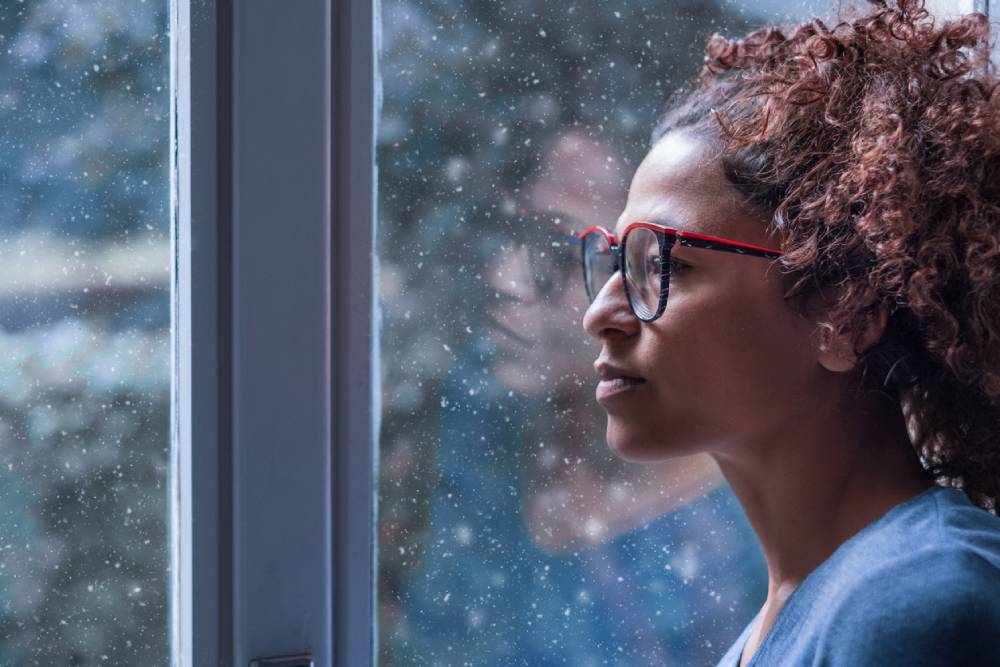Social isolation has never been as prevalent as it is today. Staying at home is a joy for many, but it might not be the best for your mental health. We take a look at if isolation can cause social anxiety.
At Cognitive Behavior Associates, we provide services for the best cognitive behavioral therapy Los Angeles has to offer. Our goal is to help every patient grow and develop, especially during trying times.
We are quickly approaching a year of recommended isolation and social distancing. The economic costs splatter the news. But few people are taking the time to fully recognize the mental strain that we are all under. The separation from parents, siblings, and close friends has been hard. The general need to remove ourselves from practically all forms of social interaction may be even harder. We are a highly social species. And we have been asked to give up one of the core aspects of human life.
We recognize the necessity of isolation. And we care for the health of our fellow human beings. But there is no avoiding that it has come at a cost.
The Isolated Mind
Long before the average person had even considered the possibility of a pandemic, psychologists were already studying what isolation does to human beings. Alarmed by what appeared to be increasing rates of loneliness in American adults, researchers began to study the effects. One 2015 study found that people who felt isolated were more likely to smoke often and drink heavily. And this trend fits with current data coming from Americans in isolation this year.
Studies that pre-date the pandemic found that isolation often led to the development of depression and the associated sleep disorders. But what about social anxiety? In many ways, it makes sense that you may feel social anxiety as a result of isolation and depression. At its root, social anxiety thrives when we feel unsure of ourselves in a social setting. If we’re out of practice, it’s no wonder that anxiety sky-rockets.
Understanding Social Anxiety
Most people experience some level of social anxiety during their lifetime. It’s that nagging feeling you get in a room where you feel like others are judging you. Or it is that sense like you don’t quite fit in. It’s an uncomfortable ache. And in severe cases it can seriously inhibit a person’s ability to socialize.
There is still a lot of research to be done before we can definitively say what the effects of the pandemic are, but we have a start. Gyms have closed down. Grocery stores barely open. And barbers are on hold, so many of us don’t look our best at the moment. On top of that, there seems a growing push to act “more” productive despite the disruption of our lives. Just by talking to family and friends, we can see the change. More and more people are unwilling to go out when they can and shying away from others out of fear that they will be judged.
What is left is a population of people suffering from isolation and social anxiety, which can feel like an impossible situation. If this describes you or someone close to you, you deserve to know that it is okay to ask for help.
Finding the Help You Need
At Cognitive Behavior Associates, we use cognitive behavior therapy to treat a range of psychological disorders, including depression and social anxiety. We offer the best social anxiety treatment Los Angeles has around. It works by making the patient an integral part of their own recovery by helping them to recognize the stimuli that trigger the negative emotions they are experiencing. From there, the staff can work with you to see the correlation between the stimuli, your negative emotions, and what they are actually doing to you. This helps many patients to recognize the ways that they can replace negative thoughts with positive ones to improve their mental health overall.
However, the doctors at CBA also recognize that this is sometimes easier said than done. To help you while you’re working on reducing the frequency of negative thoughts, they will also help you to learn behavioral tricks to control or eliminate harmful behaviors. Even if you aren’t comfortable leaving your home due to being high risk, you can always arrange for a telepsychotherapy session to get started.

